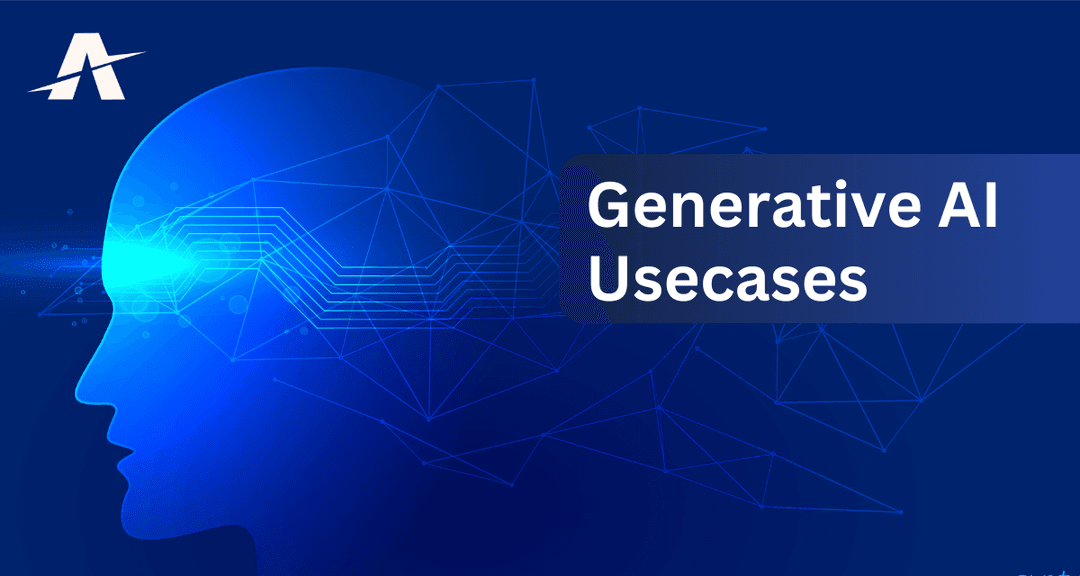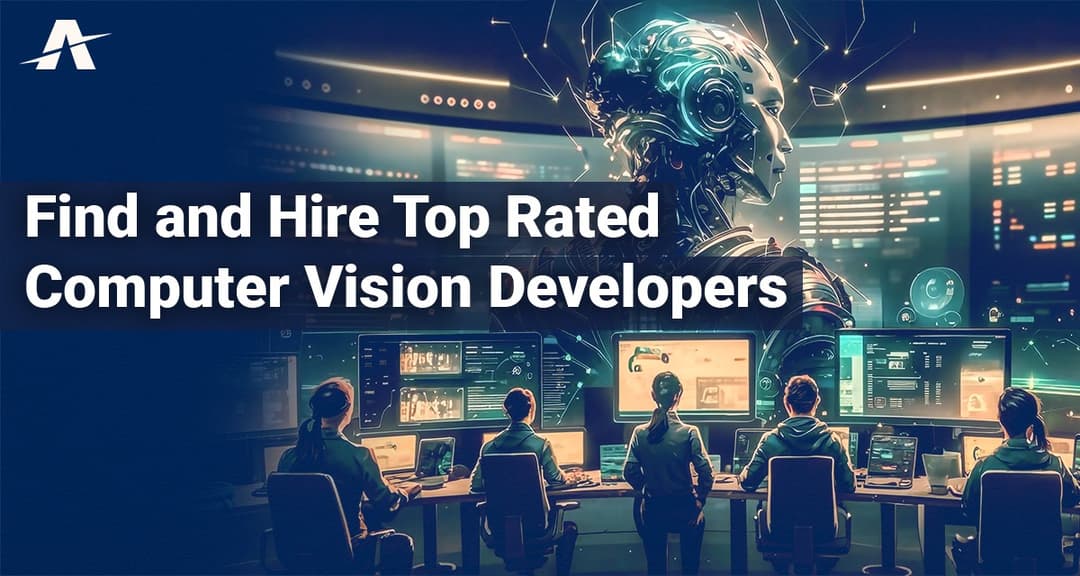Artificial Intelligence (AI) is changing industries worldwide, and manufacturing is one of the main areas seeing big benefits. In today’s fast-moving economy, factories and production units need smarter ways to stay competitive. AI offers exactly that helping businesses streamline operations, lower costs, and drive innovation.
By using AI in manufacturing, companies can work more efficiently, improve product quality, and prepare for long-term growth. In this blog, we’ll look at how AI is transforming manufacturing, the benefits it brings in efficiency and cost reduction, and why it’s becoming a game-changer for modern industries.
Understanding AI in Manufacturing
AI in manufacturing refers to the application of advanced algorithms, machine learning models, and data analytics to optimize production processes. Unlike traditional automation that follows predefined instructions, AI systems can analyze large datasets, identify patterns, and make decisions in real-time.
For manufacturers, this means moving from reactive operations to proactive and predictive ones. AI helps in forecasting demand, identifying maintenance needs before equipment fails, and optimizing production schedules to meet customer expectations more effectively.
Improving Production Efficiency with AI
Efficiency is at the core of manufacturing success. AI technologies are designed to maximize output while minimizing downtime and resource wastage.
Key ways AI improves production efficiency include:
- Predictive Maintenance: AI systems analyze machine data to detect early signs of wear and tear. This reduces unplanned downtime by scheduling maintenance before breakdowns occur.
- Process Optimization: AI continuously monitors workflows, making adjustments in real time to ensure optimal performance.
- Supply Chain Optimization: By forecasting demand and analyzing inventory, AI ensures raw materials and finished goods are available at the right time.
- Quality Control: AI-powered vision systems can inspect products with higher accuracy than humans, ensuring consistent quality.
Reducing Costs Through AI
One of the strongest arguments for adopting AI in manufacturing is its ability to cut costs without compromising quality. Manufacturing industries face rising expenses in labor, energy, and materials. AI helps reduce these costs through:
- Energy Management: AI analyzes energy usage patterns and recommends ways to lower consumption, leading to significant cost savings.
- Labor Productivity: By automating repetitive tasks, AI frees up human workers to focus on more complex and value-driven responsibilities.
- Material Optimization: AI reduces waste by ensuring precise use of raw materials.
- Inventory Management: AI systems prevent overstocking and understocking, minimizing storage costs and improving cash flow.
Transforming Industries with AI
AI is not just improving existing manufacturing processes; it is transforming the entire industry landscape. Traditional manufacturing was largely reactive, focusing on fixing problems after they occurred. With AI, industries are moving towards a predictive and proactive approach, making them more agile and competitive.
Some transformative impacts include:
- Smart Factories: AI-powered factories use connected machines, IoT sensors, and real-time analytics to create fully automated production environments.
- Mass Customization: AI enables manufacturers to personalize products at scale, meeting customer demands more effectively.
- Faster Innovation: By analyzing market trends and customer preferences, AI accelerates research and development for new products.
- Sustainable Practices: AI helps reduce carbon footprints by optimizing energy use and minimizing waste, aligning industries with global sustainability goals.
AI Applications in Manufacturing
Here are some practical applications of AI in manufacturing that demonstrate its real-world impact:
- Robotics: AI-powered robots handle complex assembly tasks with precision and consistency.
- Computer Vision: Used for defect detection, quality checks, and real-time monitoring.
- Natural Language Processing: Enables AI assistants to support factory workers by answering queries or providing training.
- Predictive Analytics: Helps anticipate demand shifts, raw material needs, and potential supply chain disruptions.
- Digital Twins: AI creates virtual replicas of physical assets, allowing manufacturers to simulate processes and identify improvements before implementation.
Benefits of AI in Manufacturing
To recap, here are the major benefits of using AI in manufacturing:
- Improved production efficiency and reduced downtime.
- Significant cost savings in energy, labor, and materials.
- Enhanced product quality through advanced inspection systems.
- Stronger supply chain management and inventory control.
- Faster innovation and product development.
- Greater adaptability to customer demands and market trends.
Challenges in Adopting AI in Manufacturing
While the benefits are substantial, adopting AI in manufacturing does come with challenges. Some of the key obstacles include:
- High initial investment in AI infrastructure and technology.
- Resistance to change among employees.
- Need for skilled professionals to manage AI systems.
- Concerns about data privacy and cybersecurity.
Future of AI in Manufacturing
The future of AI in manufacturing looks extremely promising. With advancements in machine learning, robotics, and IoT, factories will become even smarter and more autonomous. In the coming years, we can expect to see:
- Fully self-optimizing factories that require minimal human intervention.
- AI-powered supply chains are capable of adapting instantly to global market changes.
- Greater collaboration between AI and humans, where AI handles data-intensive tasks and humans focus on innovation.
- Integration of AI with 5G and edge computing for faster, real-time decision-making.
AI in manufacturing is not just a technological upgrade; it is a complete transformation of how industries operate. By improving production efficiency, reducing costs, and enabling new possibilities, AI empowers manufacturers to stay competitive in a fast-changing world. Whether it is predictive maintenance, smart factories, or mass customization, AI is paving the way for a more productive and sustainable future.
Frequently Asked Questions
1. What is AI in manufacturing?
AI in manufacturing refers to using artificial intelligence technologies like machine learning, robotics, and data analytics to improve production processes, reduce costs, and enhance efficiency.
2. How does AI improve production efficiency?
AI improves production efficiency through predictive maintenance, process optimization, supply chain management, and automated quality control.
3. Can AI help reduce manufacturing costs?
Yes, AI reduces costs by optimizing energy usage, improving labor productivity, reducing material waste, and streamlining inventory management.
4. Which industries benefit the most from AI in manufacturing?
Industries such as automotive, electronics, pharmaceuticals, food processing, and heavy machinery benefit significantly from AI applications in manufacturing.
5. What challenges do manufacturers face in adopting AI?
Challenges include high initial costs, a lack of skilled workforce, employee resistance to change, and concerns about cybersecurity and data privacy.
6. Is AI in manufacturing suitable for small businesses?
Yes, AI solutions are increasingly becoming affordable and scalable, making them suitable even for small and medium-sized manufacturers.













